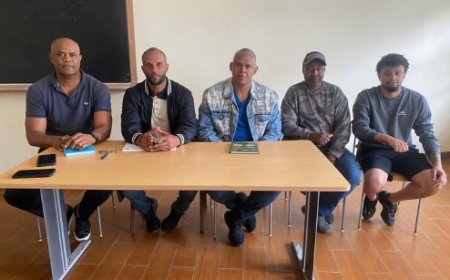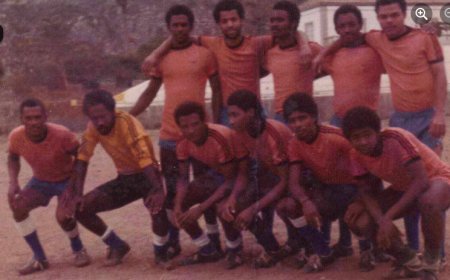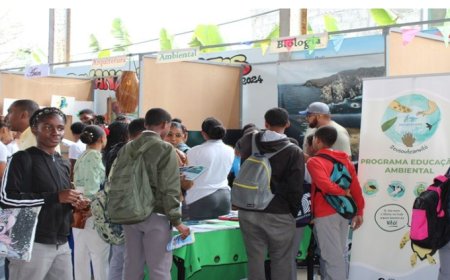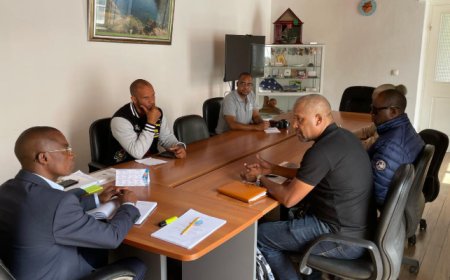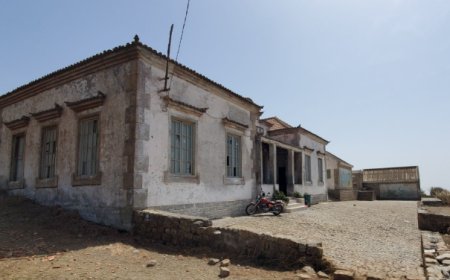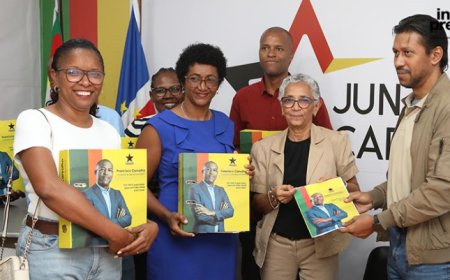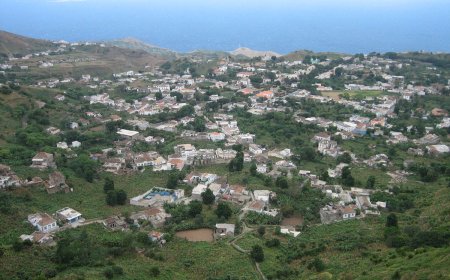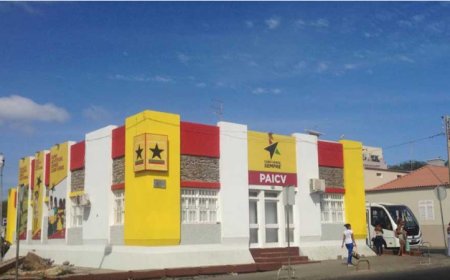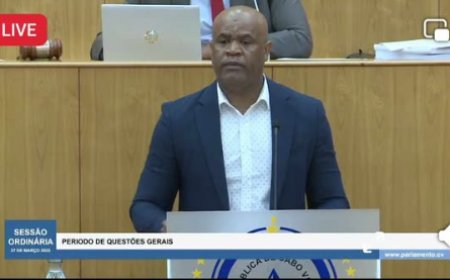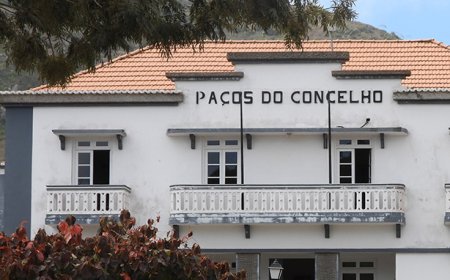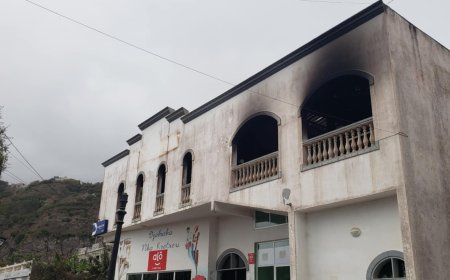PAICV self-flagellation in internal disputes that could risk 2026 mistakenly looking easy
The internal turmoil behind the scenes of the African Party for the Independence of Cape Verde (PAICV) has intensified, resulting in an environment of political wear and tear that, if left unchecked, could seriously jeopardize the party's prospects in the 2026 elections. Between internal conflicts, power struggles and mutual accusations, the big question is whether the PAICV, with its historic political relevance in the country, will be able to overcome the internal challenges and remain competitive in the upcoming presidential and legislative elections.
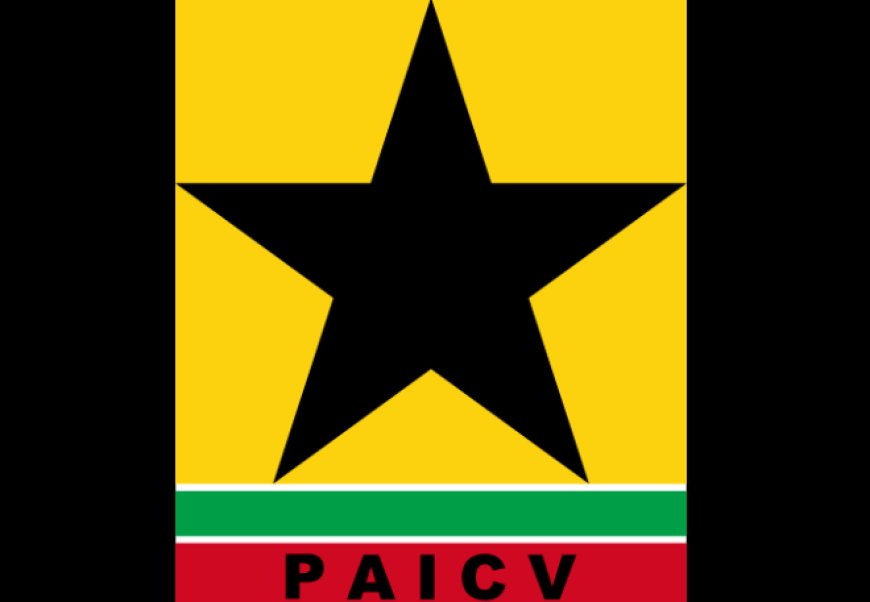
The PAICV, one of Cape Verde's largest political parties, is going through a moment of internal fragmentation, characterized by factional struggles vying for control of the party leadership. The question of who will be the next Party President and lead the party into the next elections in 2026 has generated deep divisions.
The dispute over the party presidency, which should be a healthy renewal and a moment of unity, has turned into a real battleground. In a scenario where unity should be the priority, polarization between rival groups seems to be the main internal political dynamic.
This division within the party is reflected in public speeches, inflammatory statements and a climate of mutual accusations. The lack of a strong and cohesive leadership jeopardizes the PAICV's ability to position itself as a viable alternative to the ruling Movement for Democracy (MpD), which, despite its own difficulties, seems to be more aligned in its leadership strategy and internal cohesion.
The term "self-flagellation" has been coined by some political analysts to describe the process of political self-sabotage in which the PAICV is engaging. Instead of focusing on rebuilding its electoral bases and strengthening its image as a political alternative, the party seems to be more concerned with resolving its internal issues, often in a destructive way.
With rhetoric that often targets party members themselves, the internal atmosphere in the PAICV has been one of mistrust and a power play that threatens to alienate the traditional support base. And while this is happening, the party is missing opportunities to connect with the population and formulate solid proposals for the future of Cape Verde. Self-criticism, often necessary for growth, has turned into personal attacks that only increase internal instability and damage the party's public image.
Amid these internal disputes, there is a growing perception among some PAICV members that the 2026 elections will be easy to win. It is mistakenly believed that the current government's popularity is declining and that the PAICV will benefit from this. However, this view could be a major strategic mistake.
The MpD, despite its criticisms and challenges, has shown itself to be a resilient force, with a solid structure and a considerable support base, which calls into question the idea that the current government is on the verge of collapse. What's more, elections aren't won simply by discrediting the opponent; it's necessary to present clear, consistent proposals and, above all, a leadership capable of uniting the party's various internal currents. If the PAICV continues to self-flagellate with internal disputes, it will be difficult for it to offer a solid and convincing alternative to the electorate.
Another critical point that the PAICV seems to be ignoring is the need to revitalize its local bases, which have always been an important pillar of the party. Internal polarization has led to demobilization in the most distant regions, where the party traditionally has the most support. The infighting has shifted the focus away from building a strong local support network and a political movement that connects effectively with the needs of the population, especially in rural areas.
Instead of seeking renewal and unity around a common project, the party is sinking into power struggles, forgetting that the 2026 elections require a joint effort to mobilize and engage with citizens. The risk of losing the support of the local grassroots is therefore real and worrying.
However, a light at the end of the tunnel can be seen in the growing mobilization of young people within the PAICV. Many party youth members have made efforts to promote ideological and leadership renewal, seeking to bring the party closer to current issues such as youth employment, education and emerging technologies. Youth represents an important slice of the electorate and is vital for any political party that wants to project itself into the future.
If the PAICV manages to integrate these new actors and promote a more inclusive and dynamic leadership, it can begin to rebuild popular trust. However, this depends on the party's ability to overcome its internal divisions and focus on issues that really matter to the population.
The PAICV is at a crossroads. On the one hand, the internal dispute for power and the perception that the 2026 elections are "easy" could be a dangerous illusion. On the other, the party's support base and its ability to renew its leadership and its proposals for the future could be key to success in the elections. If the party fails to unite and focus on a project that goes beyond internal disputes, the risk of losing relevance and allowing the MpD to perpetuate itself in power will be imminent.
The real question for the PAICV is not whether the party can win the 2026 elections, but whether it will be able to re-emerge as a cohesive political force, capable of representing the interests of the entire population of Cape Verde, or whether it will continue to self-flagellate with internal disputes that jeopardize its chances in the future. The clock is ticking, and the window of opportunity for effective renewal is closing fast.





